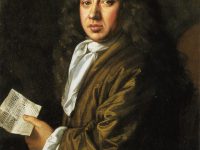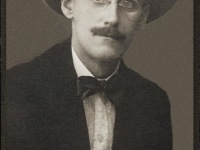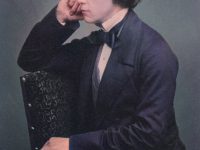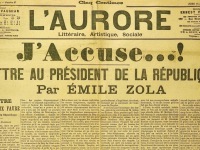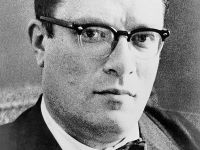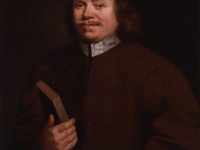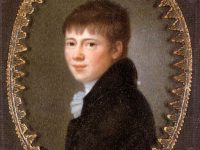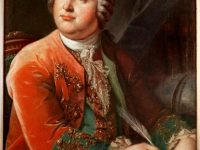The Amazing Diary of Samuel Pepys, Esq.
On February 23, 1633, English naval administrator and Member of Parliament Samuel Pepys was born, who is now most famous for the diary he kept for a decade while still a relatively young man. The detailed private diary Pepys kept from 1660 until 1669 was first published in the 19th century, and is one of the most important primary sources for the English Restoration period. Personally, I really enjoyed reading Samuel Pepys’…
Read more

